
Chinese Regime Suspends Bilateral Ties with Japan
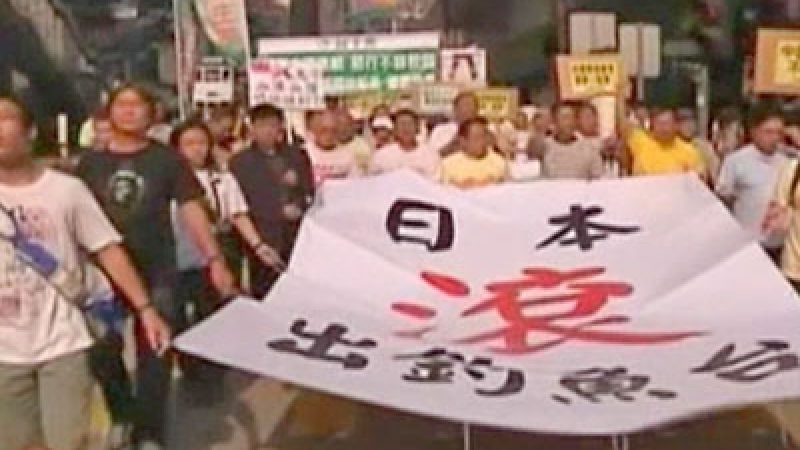
The Chinese regime has suspended high-level exchanges with Japan on Sunday. It comes after a Japanese court extended the detention of a Chinese captain, Zhan Qixiong whose fishing boat collided with two Japanese coast guard ships. Chinese officials said Japan’s actions have (quote) “severely hurt” relations, state-run Xinhua News Agency reported.
The collision happened on September 7 near the disputed Diaoyu Islands—a group of small-uninhabited islands in the East China Sea. The Chinese regime, Japan, and Taiwan all claim territory over the islands.
The Japanese Coast Guard arrested the captain and the crew of the Chinese ship after the collision. They released the 14-crew members but extended the captain’s detention until September 29.
Chinese Foreign Ministry spokesman Ma Zhaoxu has threatened Japan with (quote) „strong counter-measures“ if the captain is not released. But some analysts believe neither side is willing to seriously jeopardize relations over the incident.
[Liang Yunxiang, Japan Expert at Peking University’s School of International Studies]:
“From the perspective of China and Japan’s governments, and I don’t mean the public, no matter how big the Diaoyu islands problem is, I think one consideration is that their economic relationship won’t be fundamentally damaged. Another factor is that by no means should there be military conflict. I think there is a common understanding on this.“
The Diaoyu Islands have been a long point of contention between the Chinese regime and Japan. This incident has added fuel to anti-Japanese sentiments in China, as locals marked the 79th anniversary of Japan’s invasion of northeast China.
There were anti-Japan protests in Beijing, Shanghai and Hong Kong over the weekend.
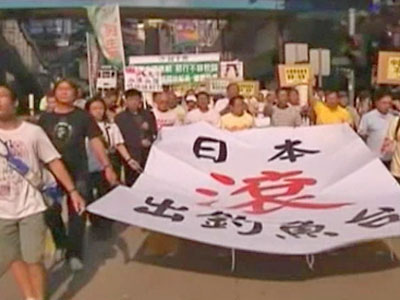 Foto: NTDTV
Foto: NTDTV










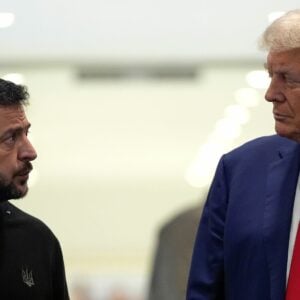

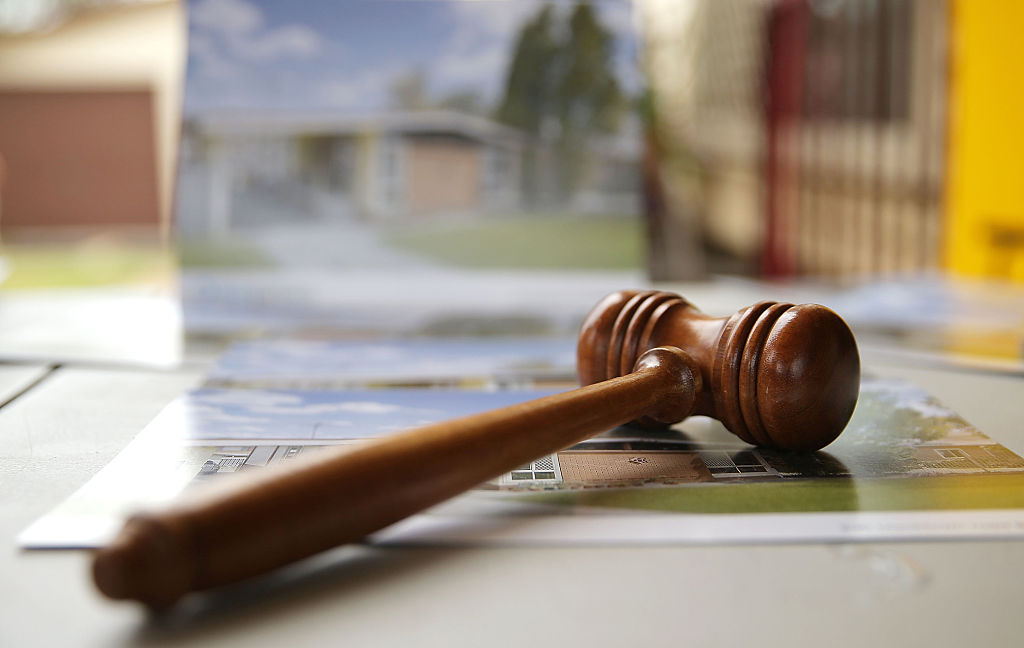


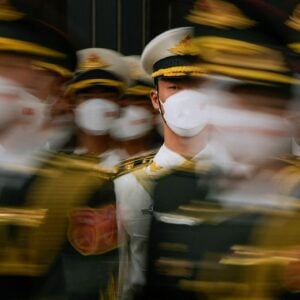



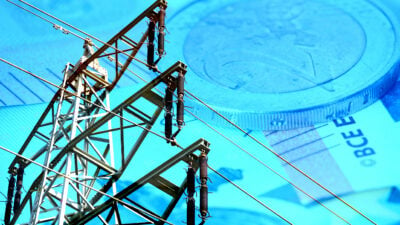


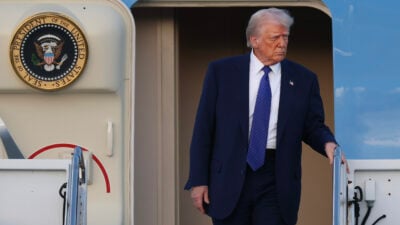



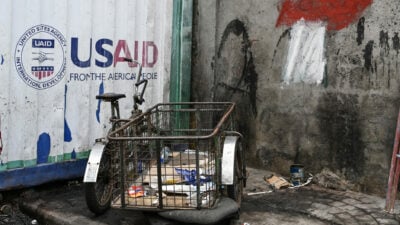
vielen Dank, dass Sie unseren Kommentar-Bereich nutzen.
Bitte verzichten Sie auf Unterstellungen, Schimpfworte, aggressive Formulierungen und Werbe-Links. Solche Kommentare werden wir nicht veröffentlichen. Dies umfasst ebenso abschweifende Kommentare, die keinen konkreten Bezug zum jeweiligen Artikel haben. Viele Kommentare waren bisher schon anregend und auf die Themen bezogen. Wir bitten Sie um eine Qualität, die den Artikeln entspricht, so haben wir alle etwas davon.
Da wir die Verantwortung für jeden veröffentlichten Kommentar tragen, geben wir Kommentare erst nach einer Prüfung frei. Je nach Aufkommen kann es deswegen zu zeitlichen Verzögerungen kommen.
Ihre Epoch Times - Redaktion